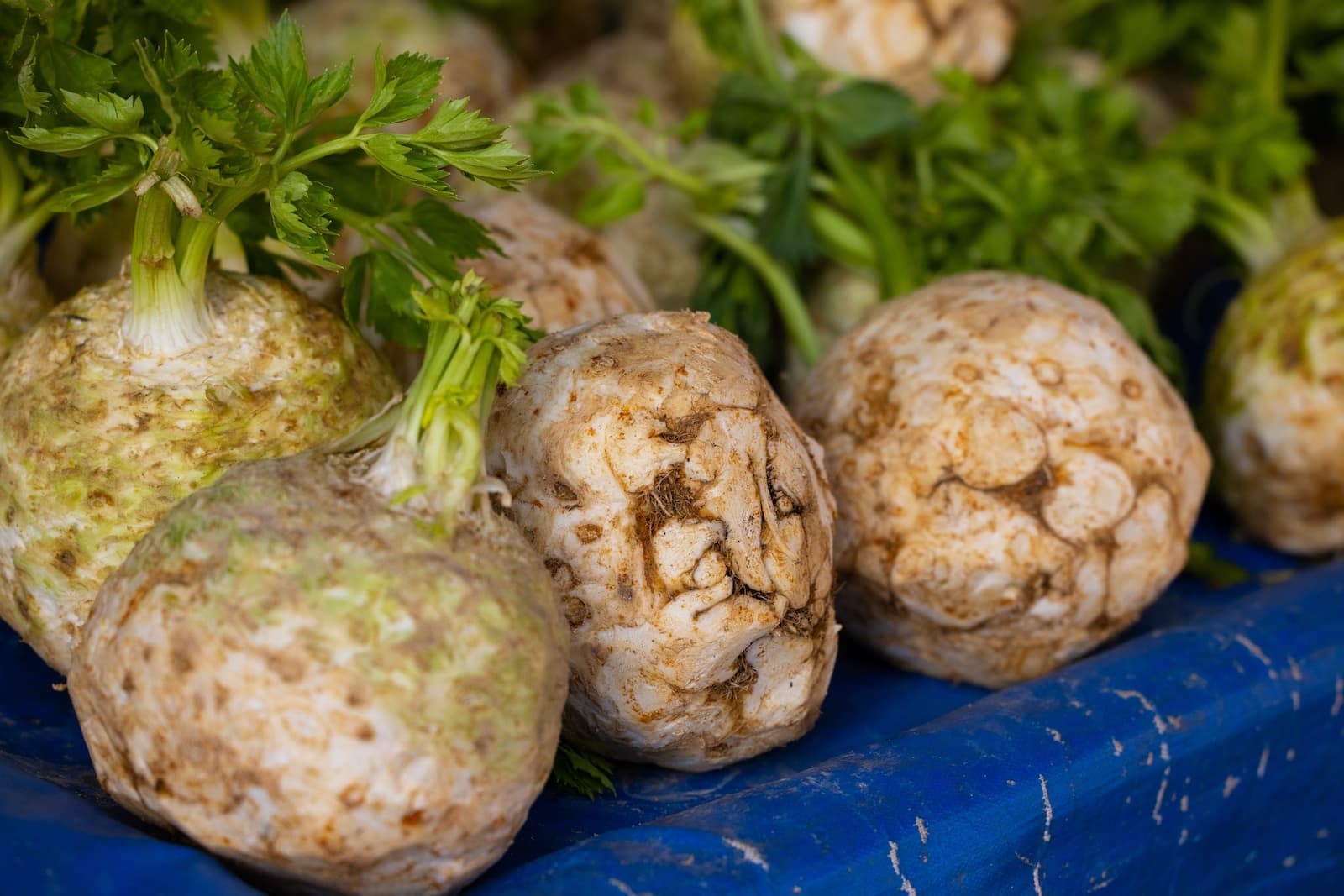Chickens can eat a wide variety of foods. While they mainly feed on grains and seeds, they can also consume fruits, vegetables, and even insects. One of the vegetables that people often wonder if chickens can eat is celery. So, can chickens eat celery?
The answer is yes, chickens can eat celery. In fact, celery is a nutritious vegetable that can provide chickens with vitamins A, C, K, and B, as well as minerals like phosphorus and magnesium. However, chickens can be picky eaters, and some may not be interested in celery due to its toughness and stringiness. Therefore, it is important to chop the celery into small pieces to make it easier for the chickens to eat.
If you are planning to feed celery to your chickens, it is important to remember that it should be given in moderation and as a treat rather than a staple food. Celery should not replace their regular diet of grains and seeds, as it does not contain all the necessary nutrients that chickens need to stay healthy. Additionally, celery should be given fresh and not cooked or canned, as these forms may contain preservatives or additives that can be harmful to chickens.
Nutritional Composition of Celery
Celery is a low-calorie vegetable that is packed with essential nutrients. It is a great source of vitamins and minerals that are beneficial for both humans and chickens. In this section, we will discuss the nutritional composition of celery.
Vitamins and Minerals
Celery is rich in vitamins and minerals. It is a good source of vitamin A, vitamin C, vitamin K, folate, potassium, and manganese. It also contains small amounts of calcium, magnesium, iron, and zinc. These vitamins and minerals are essential for maintaining good health and strong immunity.
Vitamin A is important for maintaining healthy eyesight, while vitamin C is a powerful antioxidant that helps to protect cells from damage. Vitamin K is essential for blood clotting, and folate is important for DNA synthesis and repair. Potassium is important for maintaining healthy blood pressure, and manganese is important for healthy bone development and wound healing.
Other Nutritional Components
Celery is also rich in other nutritional components. It is a good source of dietary fiber, which is important for maintaining healthy digestion. Celery is also high in water content, which makes it a great choice for hydration.
The stalks of celery are the most commonly consumed part of the vegetable. They are crunchy and slightly stringy, and are often used as a snack or in salads. The leaves of celery are also edible and are often used as a garnish or in soups and stews. The roots of celery, also known as celeriac, are sometimes used in cooking and have a similar flavor to the stalks.
Overall, celery is a healthy vegetable that is low in calories and high in nutrients. It is a great choice for both humans and chickens, and can be consumed raw or cooked. When feeding celery to chickens, it is important to chop it into small pieces to prevent choking and to ensure that they can digest it properly.

Feeding Celery to Chickens
When it comes to feeding chickens, it’s important to ensure that they have a balanced diet that includes a variety of foods. Celery is a vegetable that can be safely fed to chickens in moderation. However, like all treats, it should not make up a significant portion of their diet, and it should be given in bite-sized pieces.
Benefits and Risks
Celery is a nutritious vegetable that is low in calories and high in vitamins and minerals. It contains vitamins A, B, C, and K, as well as calcium and antioxidants. Feeding chickens celery can provide them with these health benefits and can also help keep their immune system and gut health in good condition.
However, it’s important to note that celery should not be the only vegetable that chickens are fed. A balanced diet should include a variety of vegetables, fruits, and commercial feed. Additionally, celery should not be given to chickens in excess as it may cause constipation.
Preparation and Storage
Before feeding celery to chickens, it should be thoroughly washed to remove any dirt or pesticides. It should also be cut into small, bite-sized pieces to make it easier for chickens to eat. Celery scraps and pulp can also be fed to chickens as a treat.
Celery should be stored in a cool, dry place and should be used within a few days of purchase. Moldy or discolored celery should be discarded as it may contain harmful bacteria.
In conclusion, feeding chickens celery can provide them with health benefits, but it should be done in moderation and as part of a balanced diet. Farmers should ensure that chickens have access to grit for digestion, as well as foraging opportunities to supplement their diet. By following these guidelines, chickens can enjoy the benefits of celery without any risks.

